April 24, 2025
Remote workers don’t stick to their contracted hours and even (gasp) skip some days completely
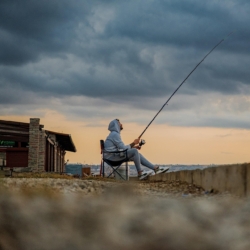 A new survey commissioned by book summary app Headway suggests that remote workers exhibit complex behaviours when balancing their non-work lives and the demands of their jobs. The study, which polled 1,000 remote workers across the United States, claims that while a majority (56 percent) reported improved work-life balance since transitioning to remote work, this shift has not been without its drawbacks. Notably, only 57 percent of respondents adhere to their scheduled working hours, with 26 percent admitting to having skipped entire workdays unnoticed. Furthermore, 40 percent confessed to simulating activity to appear busy on employer tracking systems, highlighting concerns about accountability in remote settings. (more…)
A new survey commissioned by book summary app Headway suggests that remote workers exhibit complex behaviours when balancing their non-work lives and the demands of their jobs. The study, which polled 1,000 remote workers across the United States, claims that while a majority (56 percent) reported improved work-life balance since transitioning to remote work, this shift has not been without its drawbacks. Notably, only 57 percent of respondents adhere to their scheduled working hours, with 26 percent admitting to having skipped entire workdays unnoticed. Furthermore, 40 percent confessed to simulating activity to appear busy on employer tracking systems, highlighting concerns about accountability in remote settings. (more…)







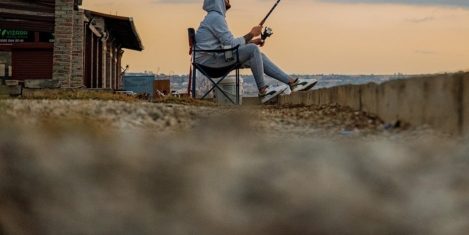









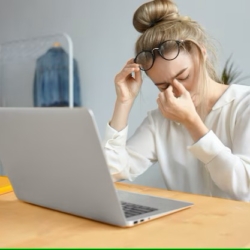

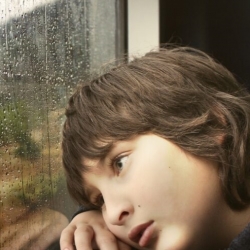

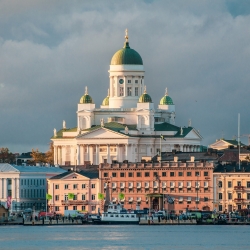















April 10, 2025
Far from lightening the load, could AI lead to burnout?
by Stephanie Fitzgerald • AI, Comment, SF, Wellbeing